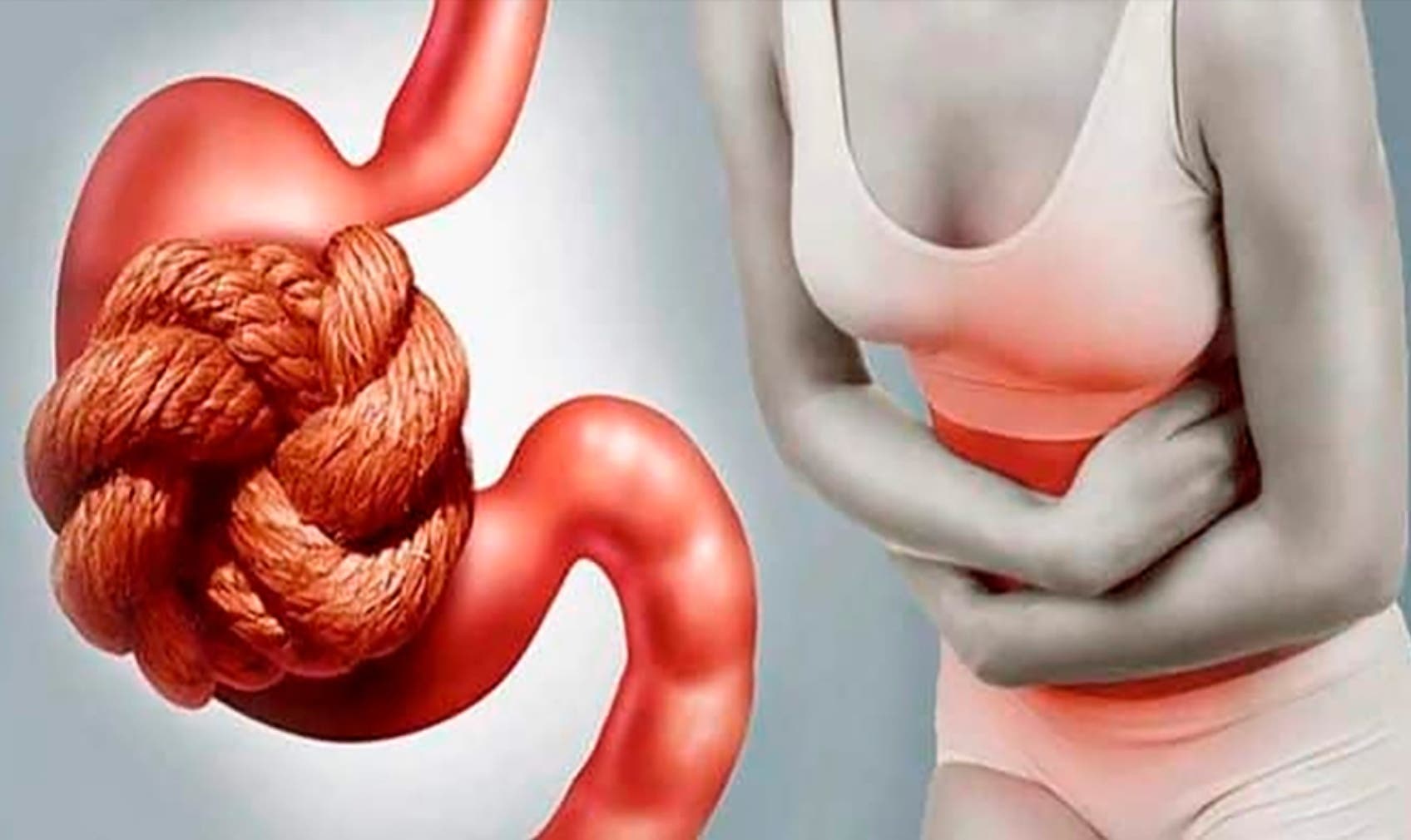Constipation is a punctual inability to evacuate intestinal content after a period of time and effort, or the absence of bowel movements for three days or more.
Sufficient fiber should be consumed in the diet to help prevent and treat constipation.
There are three types of constipation:
- Acute constipation: sudden onset, caused by some recent change (a new medical treatment, stress problems, pregnancy…), and that ends when the causal agent is resolved. It is the most common type of constipation in children.
- Chronic constipation: origin defined and distant in time, with frequent relapses. It is usually common in adults and the elderly.
- Idiopathic constipation: unknown origin and poorly determined treatment, with compromised efficacy.
From a medical point of view, it is worth distinguishing:
- Functional constipation, which could correspond to an alteration of peristalsis, to a decrease in fluid intake, to a sedentary lifestyle.
- Organic constipation, as a symptom of some gastrointestinal disease such as obstructions, tumors, hernias, etc.
The main causes of constipation are:
- Diet low in fiber and fluids; especially water, since carbonated or caffeinated beverages (coffee, tea) can cause alterations in intestinal transit.
- Little or no physical exercise.
- Conditions related to the intestine such as: thickening of the intestinal wall, inflammation, tumor presence, irritable bowel syndrome.
- Hypothyroidism or diabetes.
- Neurological diseases.
- Pregnancy.
- Old age.
- Use of certain very common medications such as opioid analgesics and others such as antacids, antidepressants and some medications for high blood pressure.
The causes of constipation are very varied, so this disease requires the follow-up of a specialist to determine the most appropriate treatment in each specific case, and to avoid a worsening of the condition or the appearance of side effects due to misuse of the treatment.
Here are some of the diagnostic tests related to constipation:
Colonoscopy, Flexible Sigmoidoscopy and Lower gastrointestinal transit.
Some indications are recommended to treat constipation:
- Soluble fiber: found mainly in fruits and vegetables, especially apples, oranges and carrots. Another form of soluble fiber is found in bran flakes, oats, barley, and legumes such as beans, lentils, and broad beans. The influence of this fiber on the digestive tract is related to its ability to retain water and form gels.
- Insoluble fiber: this type of fiber mainly includes cellulose, lignin and some hemicelluloses. The foods that contain the most of this fiber are whole grains, such as the bran layers of grains like wheat. The use of a mechanical laxative is recommended.
- If it fails, contact laxatives should be used.
- Ultimately, alternating contact laxatives with mechanical laxatives should be considered.








